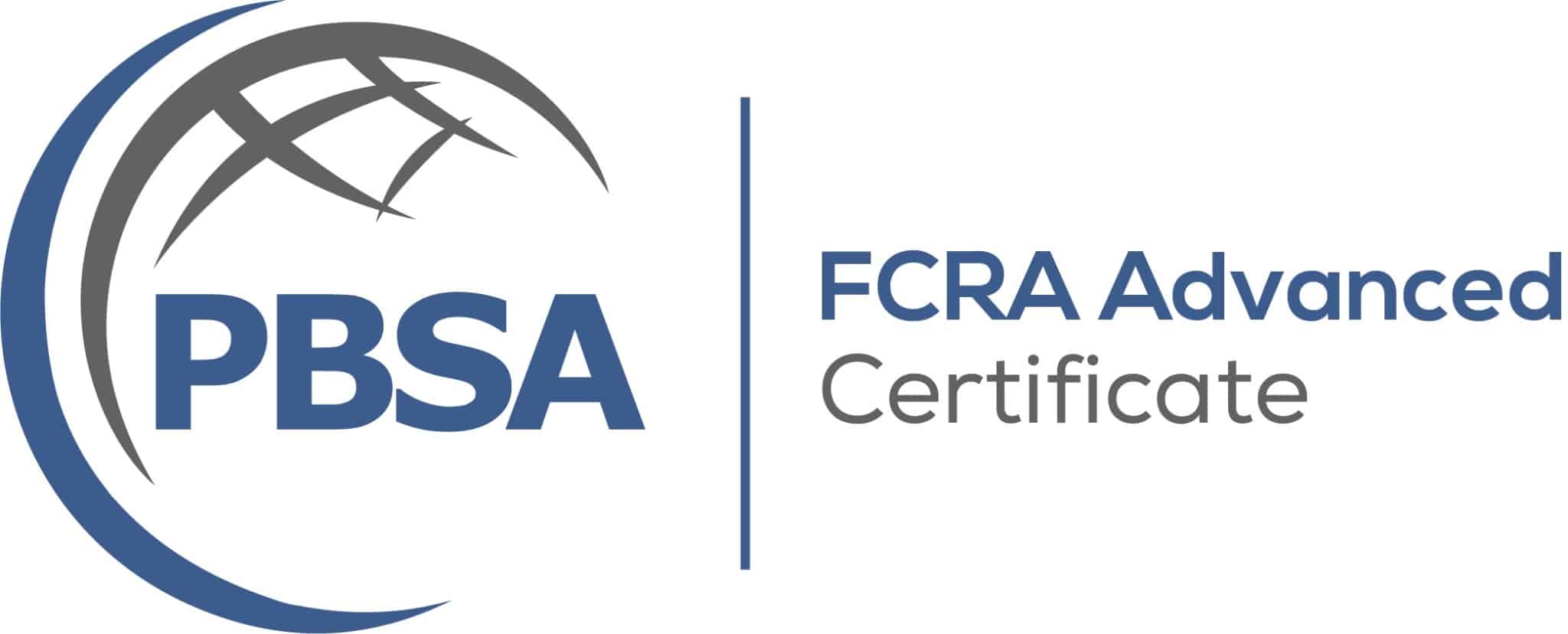
Permissible Purpose
Compliance note
- Employers must have a certified permissible purpose, such as employment evaluation, to request a consumer report under the FCRA.
- Written disclosure and authorization are required before obtaining the report.
- Using a report for any purpose other than the one disclosed is a violation of federal law.
- The Consumer Financial Protection Bureau (CFPB) and Federal Trade Commission (FTC) enforce FCRA permissible purpose requirements.
Related Terms and Posts
- Consumer Report
- Disclosure and Authorization
- FCRA Summary of Rights
- Adverse Action
- What Are the Rules for Employment Background Checks in 2025 (Blog)
- Beyond the Magic Database: What Hiring Managers Must Know About Background Check Limits and Realities (Blog)
- Background Checks in 2025: What Employers Need to Know (Blog)
Frequently Asked Questions
A: It’s a legally defined reason that allows an employer, landlord, or other entity to access a consumer report — such as employment evaluation, credit approval, or tenant screening.
A: No. The FCRA prohibits obtaining or using consumer information without a certified permissible purpose and the applicant’s written authorization.
A: The FTC and CFPB enforce permissible purpose regulations under the FCRA, and violations can result in civil penalties and lawsuits.
DISCLAIMER: The information provided in this glossary is for general informational purposes only and should not be construed as legal advice. While we strive for accuracy, EDIFY Background Screening does not guarantee that the definitions or explanations are complete, up to date, or error-free. Employers should always consult with competent legal counsel to ensure compliance with applicable laws and regulations.
Stay Updated with EDIFY Insights Newsletter
Get compliance tips, background screening updates, and HR best practices delivered straight to your inbox.





